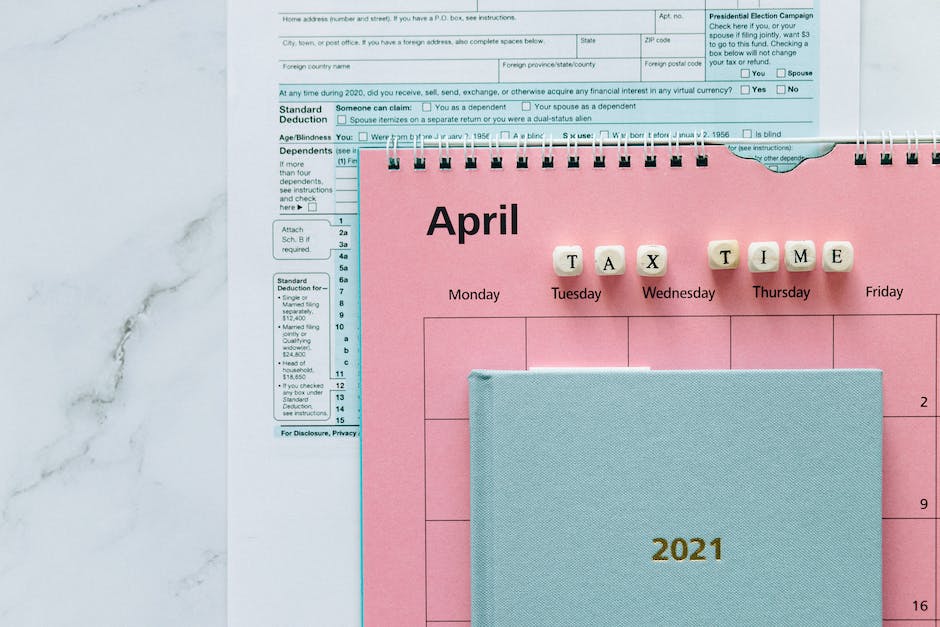California has the second highest cannabis tax in the United – a Prop. 64, or marijuana tax and fee, of 19.6% applied to all retail sales. This is second only to New York’s 30% NY State tax on all sales.
This Prop 64 marijuana tax is the fourth largest state tax in the United – after New York, Oregon, and California-and it has had an impact on consumers. Many have found it costlier to purchase cannabis due to the higher pricetag.
The additional cost has made it harder for consumers to decide whether or not they need to purchase their cannabis at a dispensary, where they can more fully explore its effects before completing their purchase. It has also caused some retailers to lose money due to the higher cost of goods.
This problem is making it difficult for some businesses to accurately inform customers about how much money they are saving by not having a state tax on sales.
Consumers are affected by the cannabis tax rate

When cannabis prices are high, consumers are forced to choose whether to purchase cannabis or not. This can affect whether people use the industry or not.
If people were afraid to enter the market and buy their cannabis, then it would affect its demand and the number of sellers. If there were fewer sellers, then it would be more expensive for businesses to sell their products.
Because of the high tax rate, many people decide not to purchase cannabis and buy it at a lower price in order to save money.
The cannabis industry is affected by the cannabis tax rate

As states pass marijuana tax laws, the size and influence of the cannabis industry can have a large impact on which states adopt these laws and how they are implemented.
State cannabis tax rates can be as high as $10 per gram or $200 per ounce, depending on the state. These large amounts of money are hard for smaller businesses to cope with, so they are more likely to expand into neighboring states where less expensive rates are common.
This is why there has been such an influx of small businesses in California’s legal cannabis market. Many have opened at low taxes in order to gain more business expansion. Some have even moved up their expansion plans due to increased business growth.
This is important, since some larger companies do not offer lower rates in order to lure new businesses into the market. This affects consumers indirectly, as companies do not factor tax rate into price of product.
Consumers are affected by the higher price of cannabis

There are several factors that go into the price of cannabis, and consumers are affected by these factors. Many people do not realize how expensive cannabis has been due to the high cost of quality product.
Many times, popular strains are more expensive than less popular strains due to popularity. This affects consumers in two ways. First, they may not know which plant is better quality weed and which one is cheaper weed. Second, they may not know which plants are better for recreational use and which ones are better for medicinal use.
When the price goes up, people may start looking for alternatives because they do not like what they get from the Cannabis plant. They can be reluctant to smoke it and/or buy it because of the cost.
The state benefits from cannabis taxes

Despite legal sales being restricted to licensed dispensaries, consumers have proven that having extra money in your account after buying cannabis is important.
By having access to cash and free shipping from Amazon, users have proven that enough people want to buy cannabis that they will come out of pocket for the premium quality product.
The majority of users purchase between $10 and $25 per month, which is enough money to save up for a full month of cannabis treatment. Some even purchase more than this per month, making it a self-fulfilling prophecy.
By having the ability to transfer funds via cryptocurrency or credit/debit card, users are able to fully internalize their drug of choice. By doing this, they reduce the pressure on the limited supply of marijuana.
Improves infrastructure

According to state law, any proceeds from the sales of cannabis must be dedicated to improving infrastructure in California. As a result, local governments have been giving some of the new revenue from cannabis taxes a thorough check.
Some of these funds have been allocated toward infrastructure projects such as roads, schools, and housing. Some have gone toward establishing marijuana markets within local communities, which can be very useful for meeting residents’ needs without creating excessive concentrations of cannabis sales.
While this may not always happen at the federal level, where there is more emphasis on restricting access to cannabis, it can still benefit consumers by making sure there is enough supply available for everyone who needs it. It also helps ensure that adequate supplies are available for businesses who need space to operate.
Helps combat illegal trafficking of marijuana

Another important role of the cannabis industry is combating illegal trafficking of marijuana. Currently, there is a demand side and an illegal trafficking side. With strong marketing, outreach, and education efforts, the cannabis community can help decrease this demand side intervention.
By investing in public relations and advertising campaigns, the cannabis industry can help create more trusted images of its products and services. Investing in loyalty programs and reward systems will also help build consumer trust.
Overally, having a diverse set of products that are low in THC but high in CBD will help prevent cross–contamination issues within the home where one person is not dependent on the other drug for relief.
Generates revenue for the government
As of January 2018, Californian consumers can purchase and possess up to an ounce of cannabis. This is measured by how much cannabis a buyer has in possession.
To legally possess an amount of cannabis that does not exceed an ounce, you must sign a liability release. Additionally, you must pay a $100 application fee and $100 licensing fee.
The licensing fees help fund the Department of Cannabis Regulation which oversees the production, marketing, and distribution of cannabis in the state. The department also charges retailers fees for selling their product!
These taxes give California residents and businesses access to cannabis which is cost-effective.
Helps regulate the industry by generating revenue

Without state cannabis taxes, the legal industry would be faced with severe financial constraints. Many small businesses have to charge high fees to operate in this business, which is why there is such a large market!
Unfortunately, due to this money issue, many small businesses do not regulate their products adequately. Some even use watered-down liquids or cheap fillings due to cost savings.
This can affect how well products work and whether or not people buy them, as they are forced to search for an optimal dosage or quality of product. It also causes competition between brands to slow down, which affects everyone’s prices and service.
However, with state cannabis taxes being paid by the industry, companies can invest in their operations in order to keep their prices and services consistent. This helps prove that they are meeting their expectations and draws more people into the industry.


